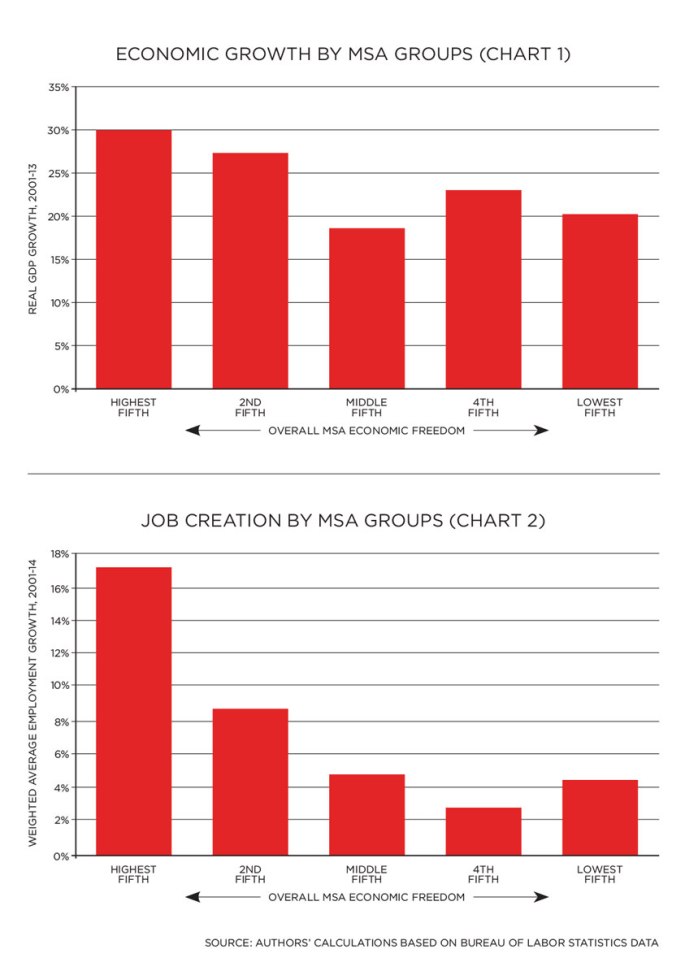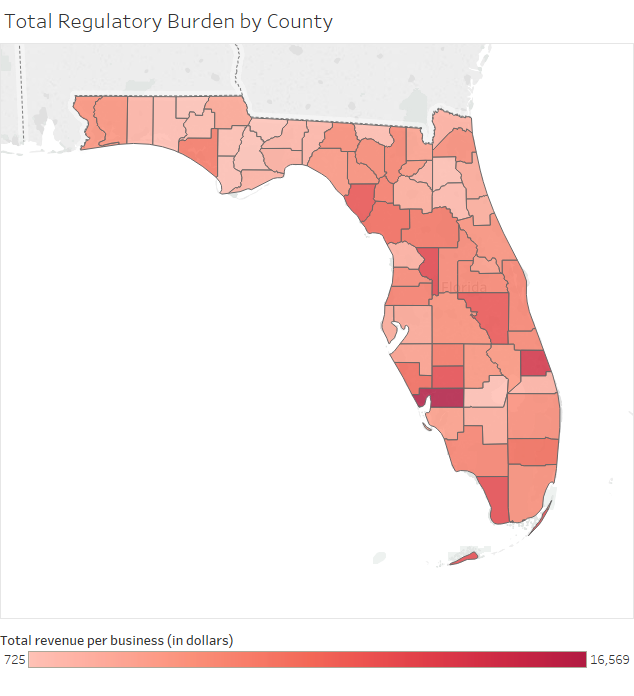The DeVoe L. Moore Center Blog
By Matt Kelly
Government consolidation is an often-touted solution to economic and social problems in American cities. Several initiatives to combine local governments have resulted in conjoined regional governments, including Indianapolis-Marion County (IN), Athens-Clarke County (GA), and Jacksonville-Duval County (FL). Tallahassee and Leon County have seen six campaigns for consolidation over 50 years, all of which failed. Despite the sustained interest , little evidence in the economic or public policy research literature suggests local government consolidation improves economic development or governance.
Tallahassee’s history of consolidation attempts is lengthy but follows a national pattern of failure at the ballot box. Initial political pressure arose in the 1950s. A 1968 proposal was defeated by voter referendum, as were others in 1973, 1976, and 1992. A more recent campaign in 2004 never got a vote. This pattern is fairly common. Since 1815, only 39 of 166 attempted consolidations in the U.S. nationwide…
View original post 505 more words



